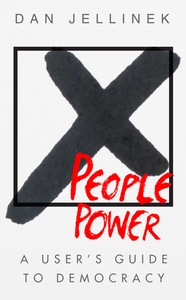- Home |
- Publishing |
- Events |
- Research |
- Register
» Home / Latest News / Research news / Does Social Networking Boost Democracy - Or Threaten It?
Does Social Networking Boost Democracy - Or Threaten It?
Research news published: Thursday 11th October 2007
Online social networking sites have enormous potential for boosting social cohesion, but there are hurdles to overcome, according to a report by Headstar for the Parliamentary IT Committee (PITCOM).
It finds that online social networks are well-suited to political activism, as has been demonstrated by US politician Barack Obama. Obama's campaign for the Democratic nomination has a powerful online component, gaining support from networks such as MySpace and Facebook.
Unfortunately, social networks also have more malign uses, the report finds. Police in Devon investigating fights involving up to 100 young people, some armed with knives, discovered that online forums were used to organise the confrontations. Separately, a community safety briefing to Kent councillors warned that the local police had limited resources with which to monitor similar activity.
"The new generation of web-based services such as online social networks have the potential to deliver benefits to the most vulnerable groups in society, providing new sources of advice, support and services," the report says.
"However those at greatest risk from its pernicious effects are the young, isolated, or disadvantaged - those same vulnerable groups. Similarly, online social networks could be a valuable aid to community cohesion, but communities already struggling with divisions may find that online social networks inflame problems further."
It concludes: "Only a concerted effort by schools, the police, parents and service providers is likely to have a significant impact on the more pernicious effects of online social networks. However, if we all take our share of responsibility for tackling the problems, there are substantial benefits to be had."
The October edition of PITComms: Briefings for Parliamentarians on the politics of information technology'; is due to be published shortly by PITCOM at:
http://www.pitcom.org.uk







